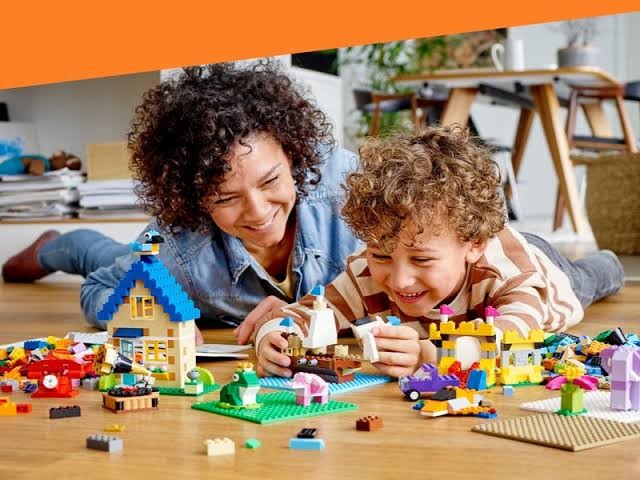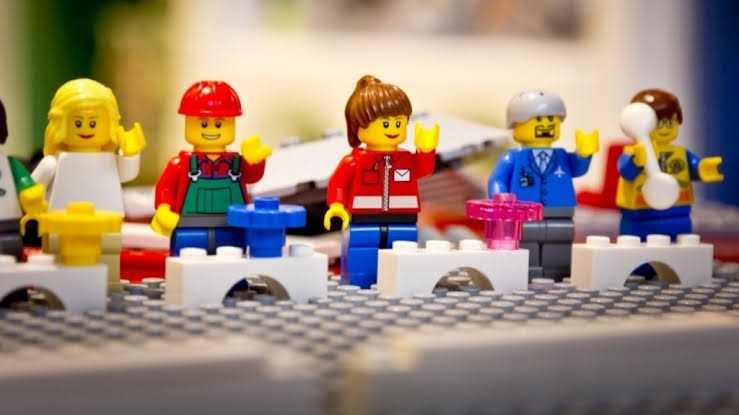
Research suggests that gender stereotypes in Lego toys hamper kids all around the world, be it girls, boys or even their parents.
Games like Lego instill a sense of confidence, creativity, patience and communication skills in every young child and even adult. Yet, despite living in a modern age, we experience age-old stereotypes that label activities as only being suitable for one specific gender
So the Danish firm vowed to do something about it. Everyone’s aware of Lego’s popularity amongst children. Lego toys have been synonymous with children’s favourite activity. Instead of offering kids ready-made toys, LEGO gave them the chance to use their creativity and toys, houses, buildings etc. Lego’s colourful blocks have been considered literal building blocks of creativity for generations of children.
After a worldwide census of children and parents, it was revealed that deep societal gender bias was being encouraged in Lego toys, thus, the Danish toymaker has pledged to erase gender preconceptions from it.
The Geena Davis Institute on Gender in Media was commissioned by Lego to conduct a survey of 7,000 parents and children aged 6 to 14.
The survey indicated that females are becoming more confident in participating in all sorts of play, which is encouraging. However, they were still impeded in life by gender bias, which was often perpetrated by their parents. Engineers, for example, were assumed to be men by 89 per cent of the mothers and fathers interviewed. Boys, too, encounter prejudice in play when they play with objects traditionally associated with the opposite sex, according to the report.
As many as 71% of guys feared scorn if they played with such a toy, compared to 42% of girls, implying that boys may be missing out on caregiving abilities by not playing with dolls.
As a result, Lego introduced a campaign solely meant for girls by the name of the “Ready for Girls campaign”, which “celebrates girls who recreate the world through innovative problem-solving.” The company also announced that toys on its website will be divided into categories based on topic and age, rather than gender. More female role models will be included in the lineup.
Moreover, Let Toys Be Toys was founded in the United Kingdom in 2012 to put pressure on children’s firms to reevaluate their brand endorsements and include both genders so that no boy or girl believes they are playing with “the wrong toy.”

Blog By Nishtha Nayyar
Hasbro said in 2021 that the ‘Mr’ would be removed from the Mr Potato Head brand name and logo to “promote gender equality and inclusivity.” Mattel also announced in 2016 that it would expand it’s Thomas the Tank Engine franchise by including new female train characters and buddies from India, Brazil, and Mexico.

